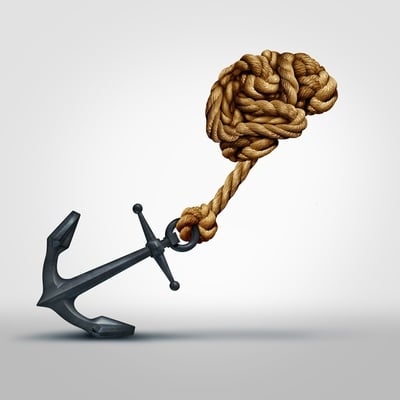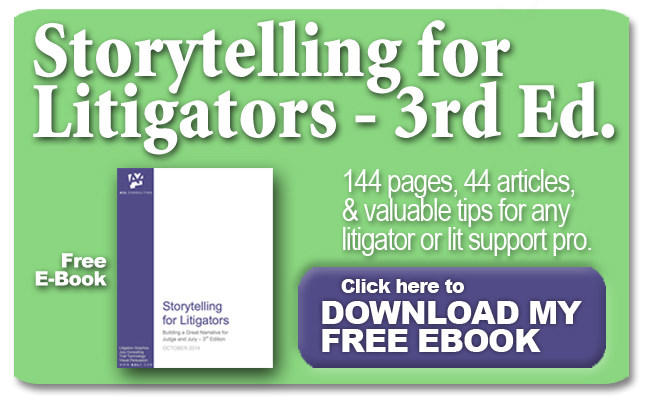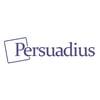Cognitive biases are a natural part of being human, and jurors are not exempt from these biases when serving in a court of law. The impact of these biases on how jurors receive and interpret expert testimony cannot be underestimated, as it can ultimately shape the outcome of a trial.
One of the most prevalent cognitive biases that jurors may exhibit is confirmation bias. This bias occurs when individuals actively seek out information that aligns with their existing beliefs and dismiss or ignore information that contradicts them. In the context of a trial, a juror who already believes that the defendant is guilty may be more inclined to accept expert testimony that supports their belief, while disregarding testimony that supports the defendant's innocence.
Another cognitive bias that jurors may experience is the halo effect. This bias occurs when individuals form an overall impression of someone based on a single trait or characteristic. In the context of a trial, this could mean that a juror is more likely to accept expert testimony from a witness who appears confident and knowledgeable, even if their testimony is not particularly strong or relevant to the case.
Additionally, jurors may exhibit the availability heuristic bias, which is the tendency to rely on information that is readily available, rather than considering all relevant information. In a trial, this bias might lead a juror to accept expert testimony that is easy to understand or that aligns with their preconceived notions, rather than considering the complete range of evidence presented.
These biases have a profound impact on how jurors receive and interpret expert testimony. For example, a juror predisposed to believe the defendant is guilty may be more inclined to accept expert testimony that supports that belief, even if the testimony is weak or irrelevant to the case. Similarly, a juror influenced by the halo effect may be more likely to accept testimony from a confident and knowledgeable expert, even if it is not particularly relevant to the case.
To combat these biases, it is crucial for jurors to be aware of their own cognitive tendencies and actively work to counteract them. This can include consciously seeking out and considering all relevant evidence, rather than relying on easily understandable information or confirming preconceived notions. Jurors must strive to remain open-minded and impartial, considering all testimony and evidence objectively and without bias.
Furthermore, judges and attorneys must be aware of the potential for cognitive bias among jurors and take measures to mitigate its impact. This can involve carefully selecting expert witnesses who are credible and impartial, as well as providing clear and concise instructions to jurors on how to evaluate expert testimony.
Ultimately, the ability of jurors to receive and interpret expert testimony in a fair and objective manner is crucial for the functioning of our justice system. By understanding and addressing the potential for cognitive bias, we can ensure that our legal system remains just and equitable for all individuals involved.
Other A2L Consulting articles related to cognitive bias, jury persuasion, and expert witnesses include:
- I’m Right, Right? 5 Ways to Manage Juror Bias
- The Top 14 Testimony Tips for Litigators and Expert Witnesses
- Font Matters - A Trial Graphics Consultant's Trick to Overcome Bias
- 5 Ways the Economic Crisis Has Changed Jurors
- 10 Types of Value Added by Litigation Graphics Consultants
- 8 Videos and 7 Articles About the Science of Courtroom Persuasion
- Are Jurors on Your “Team”? Using Group Membership to Influence
- FREE DOWNLOAD: Tips for Mock Trials and Using Jury Consultants
- A2L Voted Best Jury Consultants by Readers of LegalTimes
- Trial Timelines and the Psychology of Demonstrative Evidence
- Witness Preparation: Hit or Myth?
- Storytelling Proven to be Scientifically More Persuasive
- [New and Free E-Book] Litigation Storytelling and Persuasion - 3rd Ed.
- 5 Ways to Apply Active Teaching Methods for Better Persuasion






Leave a Comment